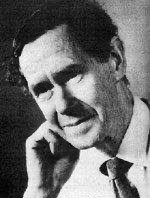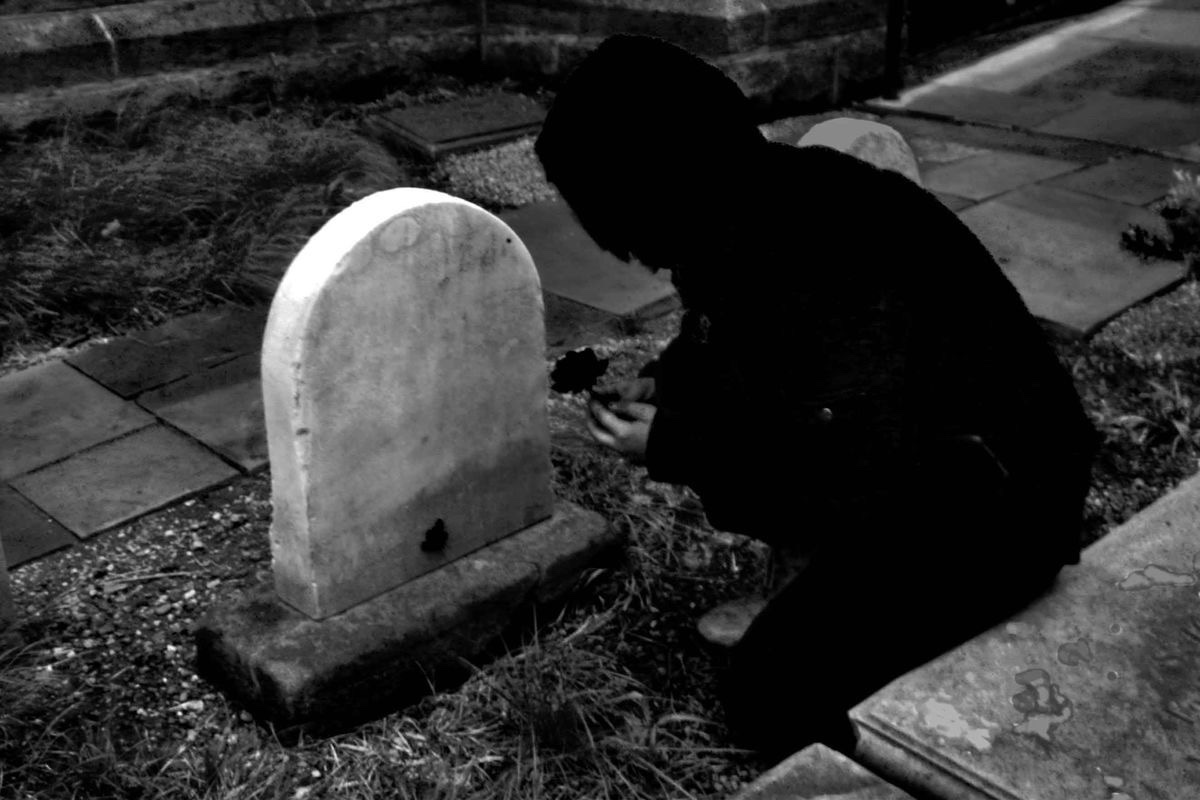Some men spend their entire lives trying to turn others away from God.
But in their final moments… what do they say?
Are they proud of the life they lived?
Are they ready to die?
Let’s look at the last words of some of history’s most well-known atheists & enemies of God…
But in their final moments… what do they say?
Are they proud of the life they lived?
Are they ready to die?
Let’s look at the last words of some of history’s most well-known atheists & enemies of God…

1. Voltaire (1694–1778)
A brilliant writer and satirist, but a rabid critic of Christianity. He once said, “In twenty years Christianity will be no more.”
On his deathbed, his doctor urged him to renounce Satan. Voltaire reportedly replied:
“Now is not the time for making new enemies.”
But moments later, writhing in agony, he screamed:
“I am abandoned by God and man! I shall go to hell!”
A brilliant writer and satirist, but a rabid critic of Christianity. He once said, “In twenty years Christianity will be no more.”
On his deathbed, his doctor urged him to renounce Satan. Voltaire reportedly replied:
“Now is not the time for making new enemies.”
But moments later, writhing in agony, he screamed:
“I am abandoned by God and man! I shall go to hell!”

2. Thomas Paine (1737–1809)
Author of The Age of Reason, Paine rejected Christianity and the divinity of Jesus. He mocked organized religion and saw Scripture as myth.
His final words, as reported by witnesses, were:
“I would give worlds, if I had them, that The Age of Reason had never been published. O Lord, help me! Christ, help me!… For God’s sake, send even a child to stay with me, for it is hell to be alone.”
Author of The Age of Reason, Paine rejected Christianity and the divinity of Jesus. He mocked organized religion and saw Scripture as myth.
His final words, as reported by witnesses, were:
“I would give worlds, if I had them, that The Age of Reason had never been published. O Lord, help me! Christ, help me!… For God’s sake, send even a child to stay with me, for it is hell to be alone.”

3. Sir Francis Newport (1620–1708)
Head of an English atheist club. He spent his life mocking God and ridiculing Scripture.
On his deathbed, he cried out:
“You need not tell me there is no God, for I know there is one, and that I am in His presence! You need not tell me there is no hell—I know there is, I am already in its jaws!”
Head of an English atheist club. He spent his life mocking God and ridiculing Scripture.
On his deathbed, he cried out:
“You need not tell me there is no God, for I know there is one, and that I am in His presence! You need not tell me there is no hell—I know there is, I am already in its jaws!”
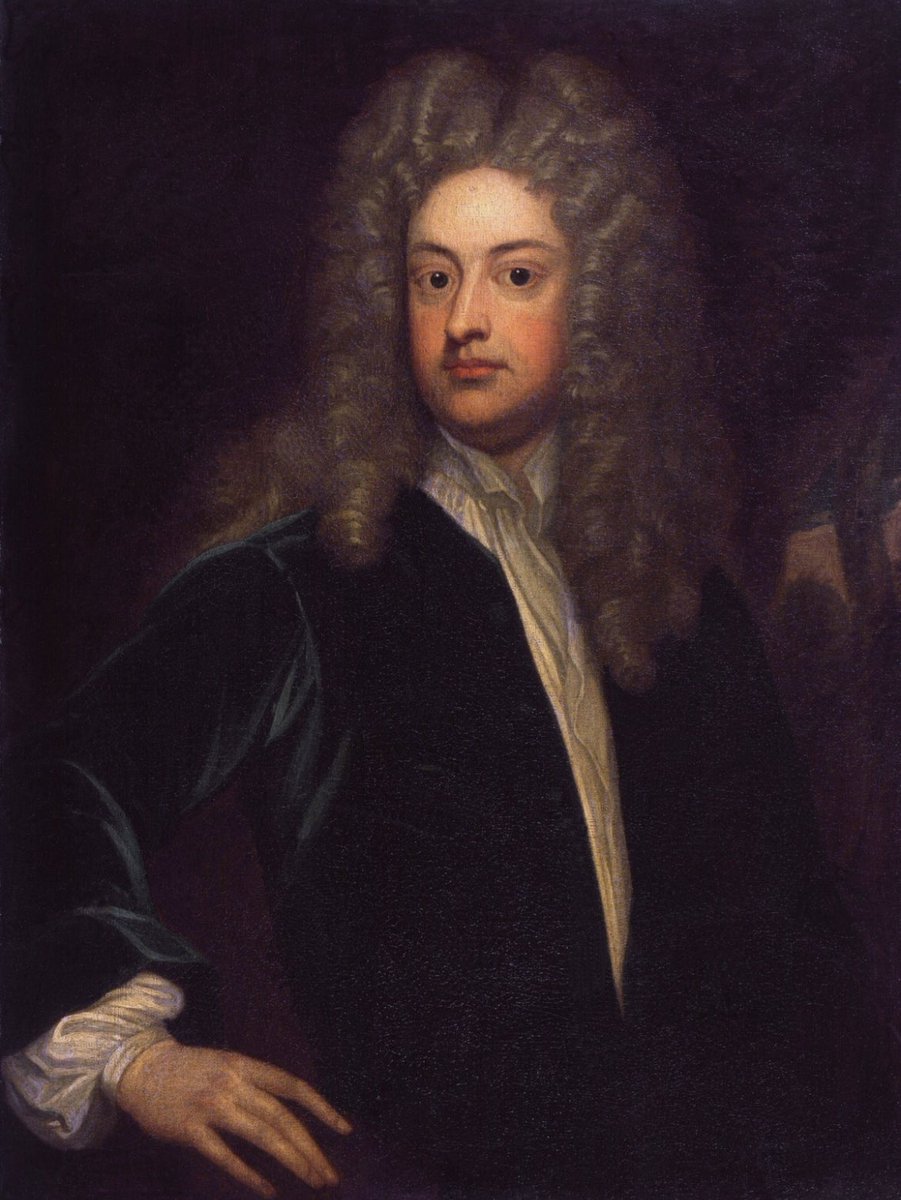
4. David Hume (1711–1776)
A famous Scottish philosopher and skeptic. He denied miracles, attacked religion, and promoted naturalistic explanations for everything.
Though many secular biographers try to paint a calm death, witnesses like James Boswell reported that Hume was often uneasy and trembling. His nurse reportedly said:
“He was more terrified than I ever saw any man.”
A famous Scottish philosopher and skeptic. He denied miracles, attacked religion, and promoted naturalistic explanations for everything.
Though many secular biographers try to paint a calm death, witnesses like James Boswell reported that Hume was often uneasy and trembling. His nurse reportedly said:
“He was more terrified than I ever saw any man.”
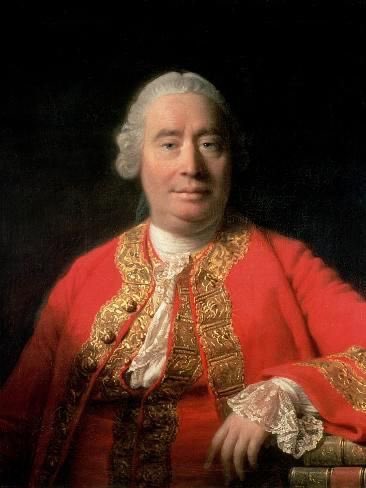
5. Anton LaVey (1930–1997)
Founder of the Church of Satan and author of The Satanic Bible. He dedicated his life to glorifying self and rejecting God.
LaVey’s reported last words were:
“Oh my, oh my, what have I done? There is something very wrong… there is something very wrong…”
Founder of the Church of Satan and author of The Satanic Bible. He dedicated his life to glorifying self and rejecting God.
LaVey’s reported last words were:
“Oh my, oh my, what have I done? There is something very wrong… there is something very wrong…”
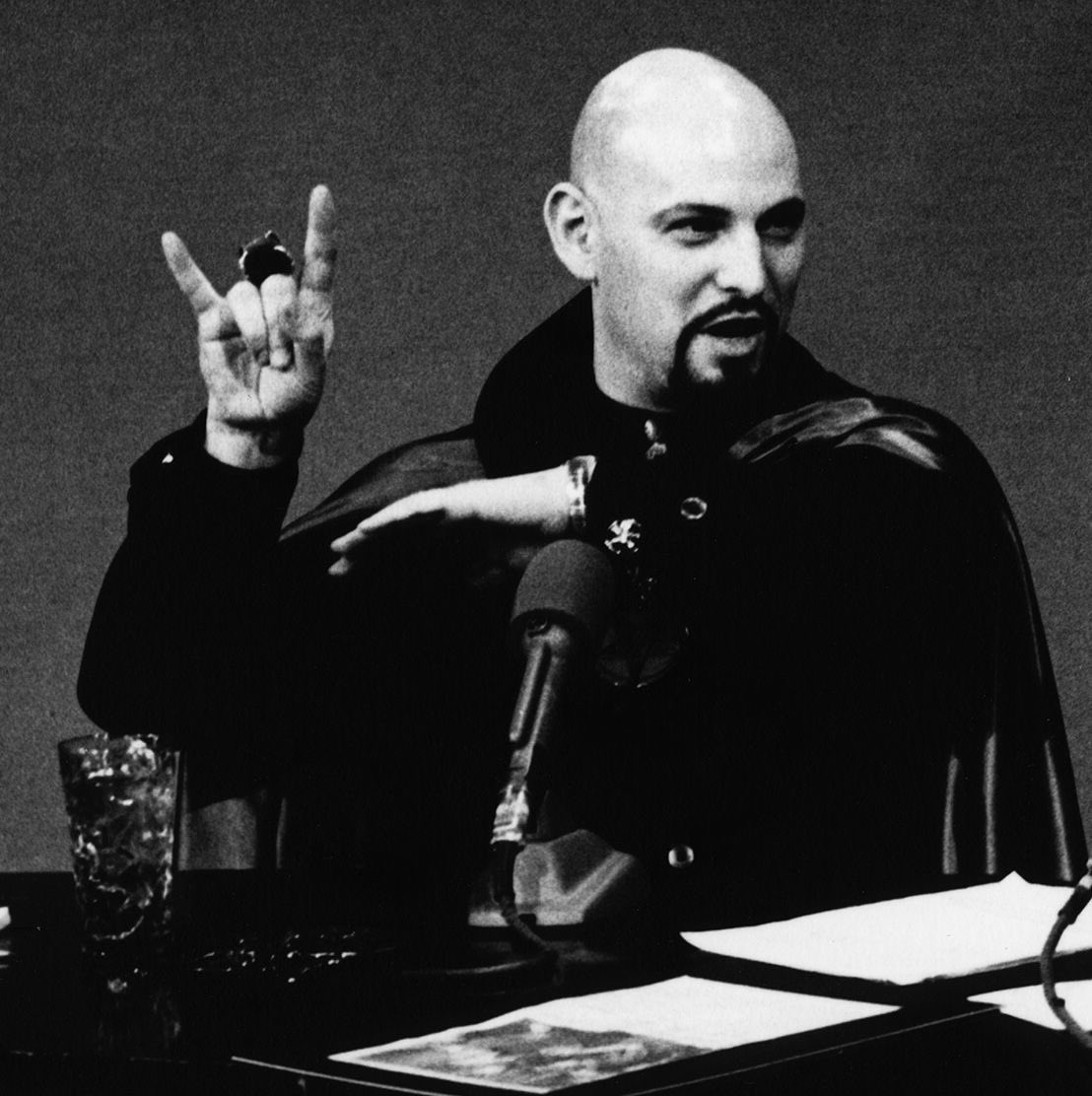
6. Joseph Stalin (1878–1953)
Dictator of the Soviet Union. He brutally suppressed religion, closed churches, and executed priests. A staunch atheist who replaced God with the state.
His daughter, Svetlana, was at his side when he died. She said:
“At the last moment he suddenly opened his eyes and looked at something over everyone’s head. It was a terrible look, insane or angry… Then he raised his left hand as though he were pointing to something… or threatening us… It was as if he were summoning death with a gesture. The gesture was full of menace… and then the spirit wrenched itself free of the body.”
Dictator of the Soviet Union. He brutally suppressed religion, closed churches, and executed priests. A staunch atheist who replaced God with the state.
His daughter, Svetlana, was at his side when he died. She said:
“At the last moment he suddenly opened his eyes and looked at something over everyone’s head. It was a terrible look, insane or angry… Then he raised his left hand as though he were pointing to something… or threatening us… It was as if he were summoning death with a gesture. The gesture was full of menace… and then the spirit wrenched itself free of the body.”

7. Aldous Huxley (1894–1963)
Author of Brave New World and an advocate of psychedelic drugs and Eastern mysticism. Raised in a secular household and often critical of organized religion.
His final hours were filled with LSD and silence, but his wife later admitted:
“He had no peace, no hope—he was grasping, searching—but it wasn’t there.”
Author of Brave New World and an advocate of psychedelic drugs and Eastern mysticism. Raised in a secular household and often critical of organized religion.
His final hours were filled with LSD and silence, but his wife later admitted:
“He had no peace, no hope—he was grasping, searching—but it wasn’t there.”
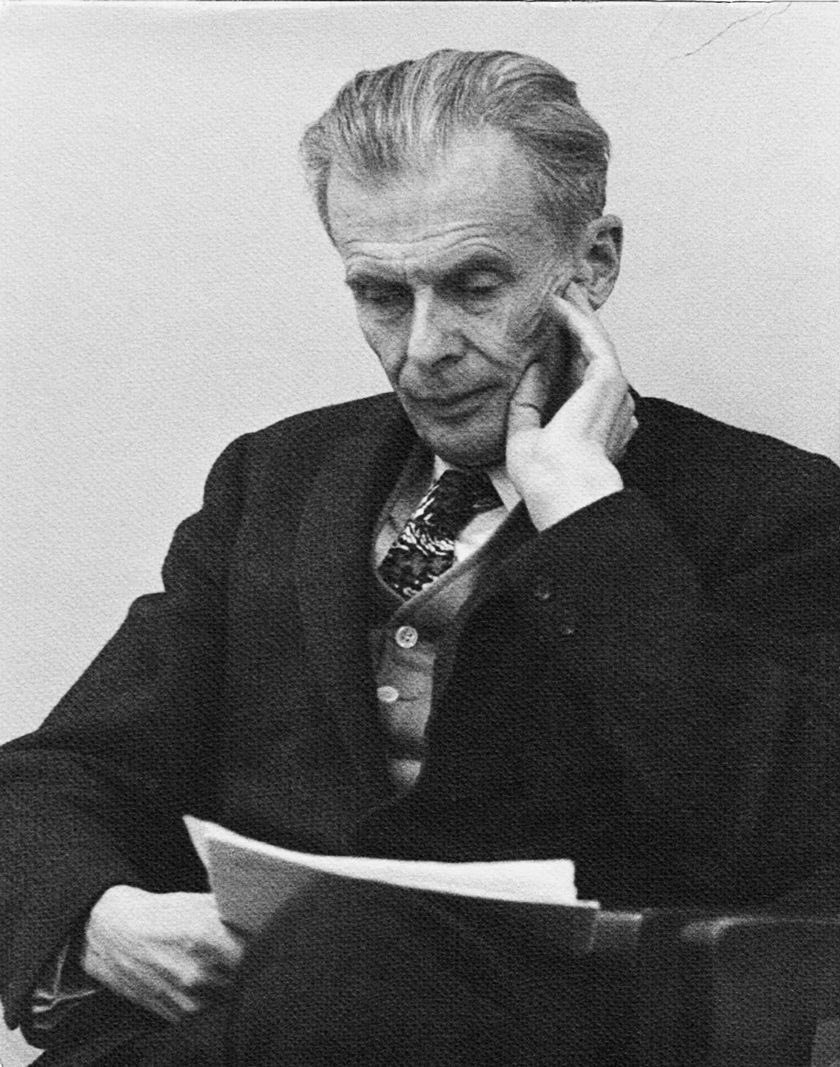
These men lived denying God—and they died in fear, doubt, and darkness.
This thread isn’t to mock them. It’s a sober warning:
How you live your life matters.
Don’t be like these men.
Live a life of truth, humility, and service to your Creator—and die in peace.
Jesus said, “For what shall it profit a man, if he shall gain the whole world, and lose his own soul?”
This thread isn’t to mock them. It’s a sober warning:
How you live your life matters.
Don’t be like these men.
Live a life of truth, humility, and service to your Creator—and die in peace.
Jesus said, “For what shall it profit a man, if he shall gain the whole world, and lose his own soul?”
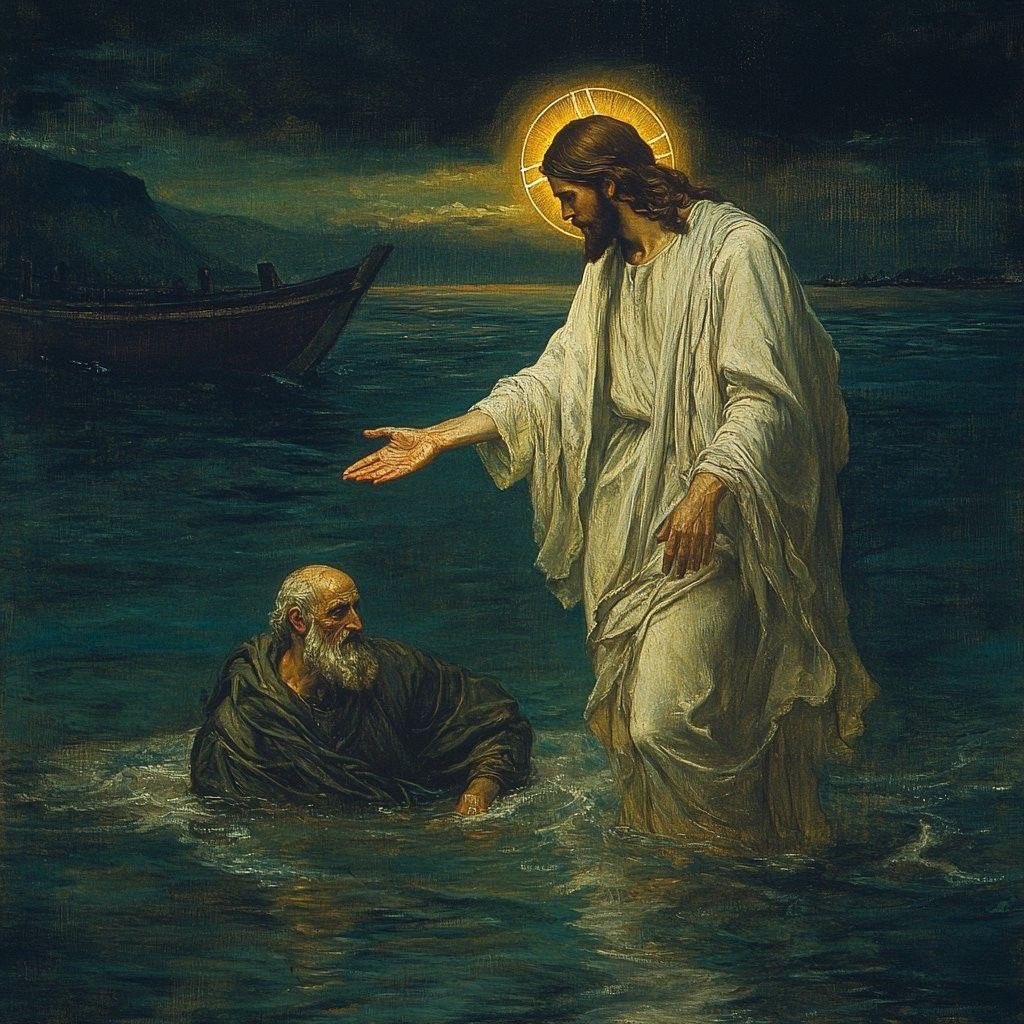
If you think this message is important please share this thread with others and let’s focus on what truly matters
https://twitter.com/darwintojesus/status/1905258165630906797
• • •
Missing some Tweet in this thread? You can try to
force a refresh




